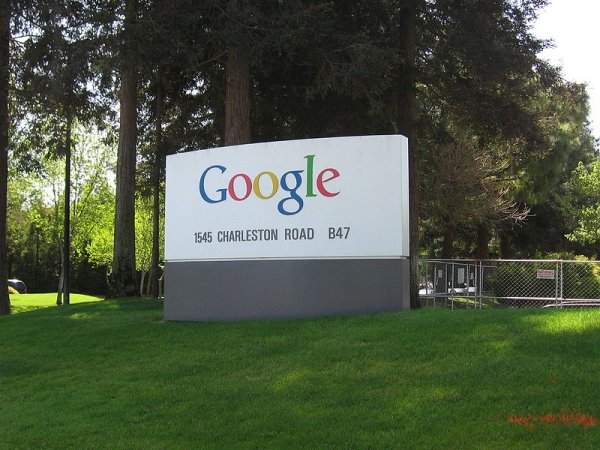Google has clinched a deal with the U.S. Federal Trade Commission (FTC) to address privacy concerns related to the controversial launch of Buzz in February 2010.
The social networking service automatically created public groups of friends based on Gmail contacts and generated protests from users who felt uncomfortable with their acquaintances on display for everyone to see.
On Wednesday, Alma Whitten, Google’s Director of Privacy, conceded that the launch of Buzz had “fallen short” of Mountain View’s usual standards for transparency and user control.

”[As such], we’ve reached an agreement with the FTC to address their concerns. We’ll receive an independent review of our privacy procedures once every two years, and we’ll ask users to give us affirmative consent before we change how we share their personal information,” Whitten explained in an official blog post.
“We’d like to apologize again for the mistakes we made with Buzz. While today’s announcement thankfully put this incident behind us, we are 100 percent focused on ensuring that our new privacy procedures effectively protect the interests of all our users going forward.”
However, Morgan Reed, Executive Director of the Association for Competitive Technology (ACT), told TG Daily the FTC-Google settlement had falenl far short of the organization’s expectations.
“I appreciate that the FTC identified the privacy violations of Google’s Buzz program to be of great concern to consumers. The FTC was right to take up the case against Google for its transgressions,” Reed wrote in an e-mail to TG Daily.
“Unfortunately, today’s proposed settlement doesn’t go far enough to punish or deter. The suggested penalties include a biennial audit, implementation of a privacy policy, and $16,000 fines for future violations. Google would be required to submit to a third-party audit of its privacy programs every two years, the results of which will not be made public. [So] it’s hard to be enthusiastic about this ‘penalty.’”
According to Reed, the FTC needs to take “decisive action” against Google that is strong enough to deter the company from repeatedly violating consumer privacy.
“This matter is a great concern for those in the technology industry because continued bad behavior by a dominant market player will inevitably result an over-sized regulatory response.
“Broad, industry-wide regulation will be the eventual outcome, affecting everyone because Google was never punished for thumbing its nose at consumers, privacy regulations, and government authorities,” he added.






